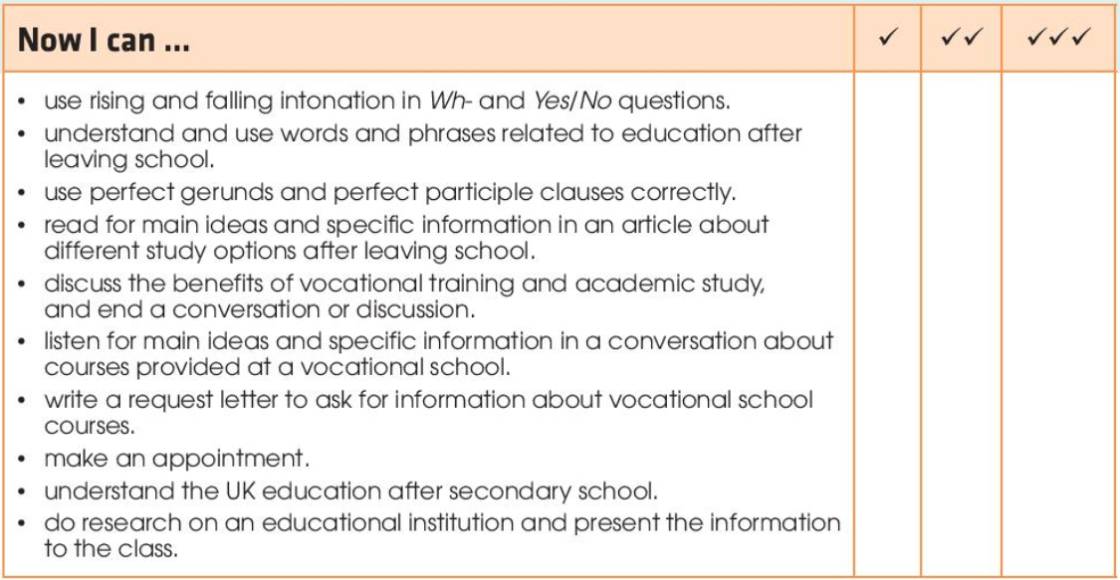Hãy nhập câu hỏi của bạn vào đây, nếu là tài khoản VIP, bạn sẽ được ưu tiên trả lời.

Cultural heritage is imperative. Culture is what defines us and what separates us from animals. To preserve the artifacts of our history for those that will come after us is a difficult task. There are many possible ways of doing so; in this essay, I am going to discuss two of them.
One way is to increase the budget of museums. This would allow them to become better equipped with tools that could be used to preserve their exhibits. It would also allow them to enrich their exhibition. However, museums may well become just another form of entertainment for young people, not teaching them why it is important to care about our history.
Another idea is to educate the young on the matter. This could make them do the job when we have long been gone. This may not give immediate results, but it would certainly be effective when looking at the problem in the big picture. We cannot forget that organizing an effective program can prove to be difficult to be implemented.
I trust the second option represents the approach that should be chosen. After all, history is about long-term solutions, and what future generations will do is just as important as our actions. Turning museums into pure entertainment, which is what might happen if the method mentioned in the second paragraph is applied, will render them devoid of the function we expect them to have.


1 Temporary art is a new kind of art.
(Nghệ thuật tạm thời là một loại hình nghệ thuật mới.)
Thông tin: “There has always been a type of art which doesn't last.”
(Luôn có một loại hình nghệ thuật không trường tồn.)
=> Chọn False
2 Artists use sand or chalk in their artwork so that it will exist for a long time.
(Các nghệ sĩ sử dụng cát hoặc phấn trong tác phẩm nghệ thuật của họ để tác phẩm tồn tại lâu dài.)
Thông tin: “it's not that these don't have artistic value, but they are designed to disappear.”
(Không phải những thứ này không có giá trị nghệ thuật, nhưng chúng được thiết kế để biến mất.)
=> Chọn False
3 Jorge Rodríguez-Gerada is an important artist in the field of temporary art.
(Jorge Rodríguez-Gerada là một nghệ sĩ quan trọng trong lĩnh vực nghệ thuật tạm thời.)
Thông tin: “Jorge Rodríguez-Gerada is a modern 'temporary' artist, and one who gets a lot of attention for his work.”
(Jorge Rodríguez-Gerada là một nghệ sĩ 'tạm thời' hiện đại, và là người được chú ý nhiều nhờ tác phẩm của mình.")
=> Chọn True
4 His work is very quick to create.
(Tác phẩm của anh ấy được tạo ra rất nhanh.)
Thông tin: “his pieces take a long time to plan and create.”
(các tác phẩm của anh ấy mất nhiều thời gian để lên kế hoạch và sáng tạo.)
=> Chọn False
5 He uses maps to plan his artwork.
(Anh ấy sử dụng bản đồ để lên kế hoạch cho tác phẩm nghệ thuật của mình.)
Thông tin: “"In fact, GPS mapping is used to set out the design.”
(Trên thực tế, bản đồ GPS được sử dụng để thiết kế.)
=> Chọn True
6 A lot of people help him to create his art.
(Rất nhiều người giúp anh ấy tạo ra tác phẩm nghệ thuật.)
Thông tin: “He uses groups of volunteers to help him, and his pieces take a long time to plan and create.”
(Anh ấy sử dụng các nhóm tình nguyện viên để giúp đỡ anh ấy, và các tác phẩm của anh ấy mất nhiều thời gian để lên kế hoạch và sáng tạo.)
=> Chọn True
7 Jorge's artwork called Of the Many, One was part of a new garden design for the National Mall.
(Tác phẩm nghệ thuật của Jorge có tên Of the Many, One là một phần của thiết kế sân vườn mới cho National Mall.)
Thông tin: “It covered an area of 25,000 square metres, and it was created because the mall was getting new gardens, and the land wasn't going to be used for a while.”
(Nó có diện tích 25.000 mét vuông, và nó được tạo ra bởi vì trung tâm thương mại đang có những khu vườn mới và khu đất sẽ không được sử dụng trong một thời gian.)
=> Chọn True
8 The artwork does not exist anymore.
(Tác phẩm nghệ thuật không còn tồn tại nữa.)
Thông tin: “The portrait has disappeared, but it will not easily be forgotten.”
(Bức chân dung đã biến mất, nhưng nó sẽ không dễ bị lãng quên.)
=> Chọn True


1. Founded in 1906, the Vietnam National University, Hanoi is a non-profit public higher education institution located in the urban setting of the large metropolis of Hanoi. It is a medium-sized coeducational Vietnamese higher education institution.
2. Vietnam National University, Hanoi (VNU) offers courses and programs leading to officially recognized higher education degrees such as bachelor's degrees, master's degrees and doctorate degrees in several areas of study.
3. VNU also provides several academic and non-academic facilities and services to students including a library, study abroad and exchange programs, as well as administrative services. the cost of yearly tuition can vary widely depending on the Vietnam National University, Hanoi's program of study, the specific type of degree, the student's residency status and other criteria. Moreover, tuition is just one component of the overall cost of attending university. Other expenses, such as room and board, textbooks and personal expenses can add significantly to the total cost of attendance and depends on Vietnam's cost of living.
4. The acceptance rate range is 20-29% making this Vietnamese higher education organization a very selective institution.